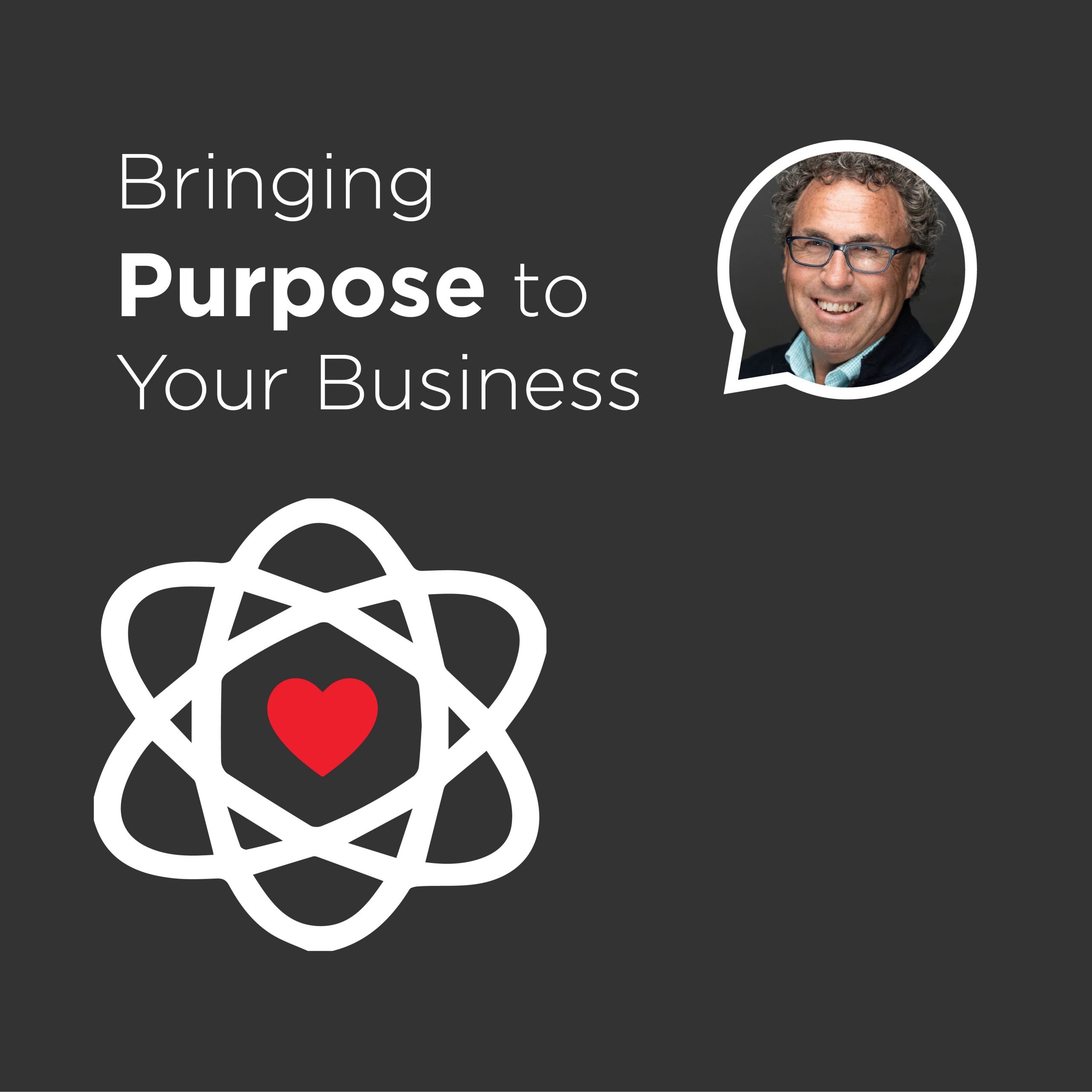Tag: conscious business
-
Can Lawyers be Conscious Capitalists?
By Soledad Matteozzi We are used to identifying conscious businesses with companies that take ownership over their impact on the planet and are built around values to make positive change. Great companies such as Patagonia, Unilever, Natura come to mind. However, we may not tend to think of law firms as conscious organizations. I will…
-

Bringing Purpose to Your Business
Purpose is more than a marketing tactic; it’s much more than a term thrown around at conferences. It is something that is so deeply embedded into our experience with a brand that it can drive individual and collective actions to create a better world. The feelings we get from being part of these interactions or…
